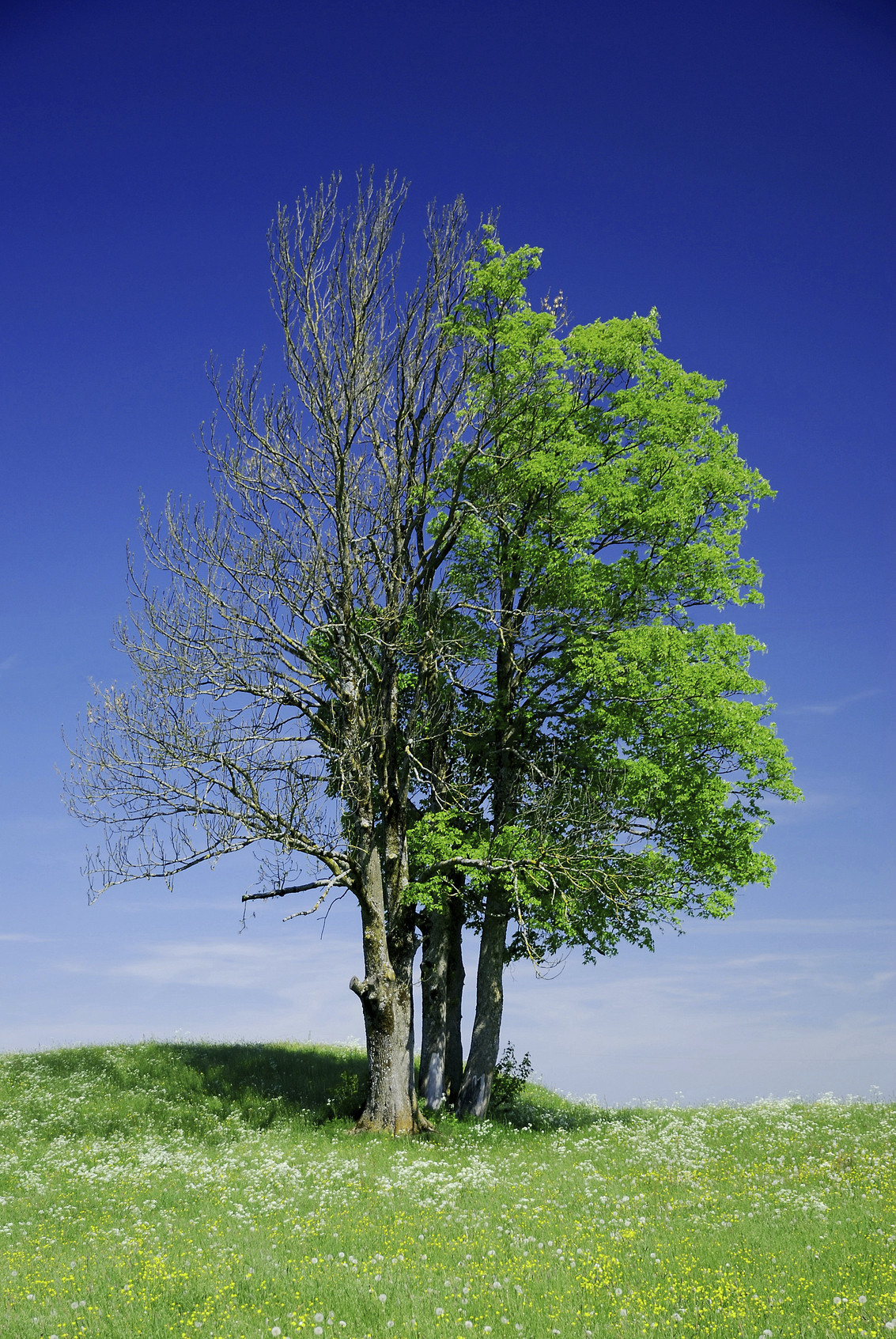Seasons of grief

While speaking as a panelist on substance use disorder (SUD), I felt it necessary to remind the audience that addiction is a family disease. While family members may not themselves be tethered to use of a substance, we all share in the anger, guilt, despair, and all too often grief that ripple back and forth in a family’s encounter with SUD. I learned early on, “Addiction isn’t a spectator sport, eventually the whole family gets to play.��
What may be harder for some to understand is that the “sport�� gets played for a lifetime, even by generations to come. I am reminded of a line near the end of Robert Woodruff Anderson’s play I Never Sang for My Father, “Death ends a life, but it does not end a relationship, which struggles on in the survivor’s mind toward some final resolution, some clear meaning, which it perhaps never finds.��
The struggle to find some resolution to loss due to SUD may take the form of rotating graveside arrangements, memorial gardens or park benches, sponsored public talks, races, and fundraising benefits. These are but a few of the ways families devise to remember a loved one and contribute to the common good in their name.
Unfortunately, the struggle toward resolution can also result in blame, alienation, family disruption, and divorce. The disease has a way of finding its way into the weak spots of a family fabric and causing rot, unless and until the aftereffects are tended to and we find some way to make meaning from a loved one’s overdose death.
One disruption that is almost certain to appear is the alteration of a family’s calendar. While always a constant, grief finds a way to manifest itself in anniversaries new and old �� certainly on birthdays, or with an empty chair at holiday tables (a practice some families observe not only in name but in deed), but also the memory of the day someone overdosed, or the last memory of sobriety. The scar of a horrifying discovery or a dreaded telephone call now mars Christmas Day, a wedding anniversary, or what would ordinarily be a celebratory family event.
For me the fall was always a happy time, ever since my early adolescence when I began to play soccer. I’ve played, coached, or been a referee every fall for 50 years. Exactly six years ago, even the same day of the week as I write this, I refereed a game on a bright October Saturday morning. That evening I discovered our son, William, overdosed in our living room. His last words to me as he shut the door were, “I’m going to watch some TV.�� There was no mention of injecting heroin. Six weeks of comatose hospitalization followed before he died in our arms.
Every year since, the fall darkens not just with the loss of daylight, but also with the loss of a beautiful light in our lives. William’s November birthday, Thanksgiving, the day he died, the date of his memorial service �� all combine to create a season of grief for our family. Nieces who will know him only through photographs and stories will sing him “Happy Birthday�� on a day that is anything but happy for those who knew and loved William. Soccer, a sport I love, now competes with a deep seasonal gloom.
The philosopher Arthur Schopenhauer famously said, “All truth passes through three stages. First, it is ridiculed. Second, it is violently opposed. Third, it is accepted as being self-evident.�� Despite all the loss and suffering, all the beautiful memorials, and all the work of many grieving families and advocacy groups to enlighten us, I fear our society lingers too near stage one, ridicule. Ridicule prolongs shame and stigma, and serves to perpetuate our seasons of grief.
About the Author

Bill Williams, Guest Contributor
Disclaimer:
As a service to our readers, �첩���� Publishing provides access to our library of archived content. Please note the date of last review or update on all articles.
No content on this site, regardless of date, should ever be used as a substitute for direct medical advice from your doctor or other qualified clinician.












